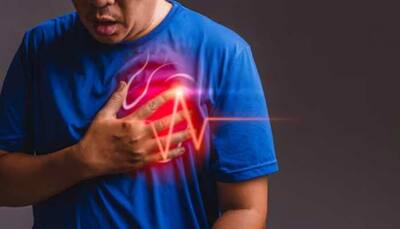Jim Johnson woke up at his usual time of roughly 6 a.m. Something, though, was different.
His right side felt numb. He shifted onto his back, thinking that changing positions would make a difference. It didn't.
"This could be bad," he said to himself. He managed to get out of bed but noticed his right leg was dragging. Definitely bad, he thought.
Johnson, then 67, knew that numbness on one side was a sign of a stroke. He was pretty sure he was having one. He knew he needed help right away – and he sought it.
Within 30 minutes, Johnson was in an emergency room in his hometown of Chattanooga, Tennessee. After running diagnostic tests, doctors determined Johnson was having a stroke in the form of a cerebral hemorrhage. A weakened blood vessel had ruptured and was causing bleeding within his brain.
Doctors started treating him with a coagulant to stop the bleeding and admitted him to the intensive care unit. He remained alert and didn't recognize any speech or cognition issues. During the treatment, his right-side symptoms decreased quickly.
Doctors told him that if he had waited even 15 minutes longer to get to the hospital, the stroke and his prognosis would likely have been much worse. In general, Johnson was healthy and fit. He was a walker, runner and cyclist, and he ran a company focused on European bicycle travel.
But during a neurological exam later that day, the doctor learned of several factors that might have contributed to the stroke. Johnson had sleep apnea, and he.


















